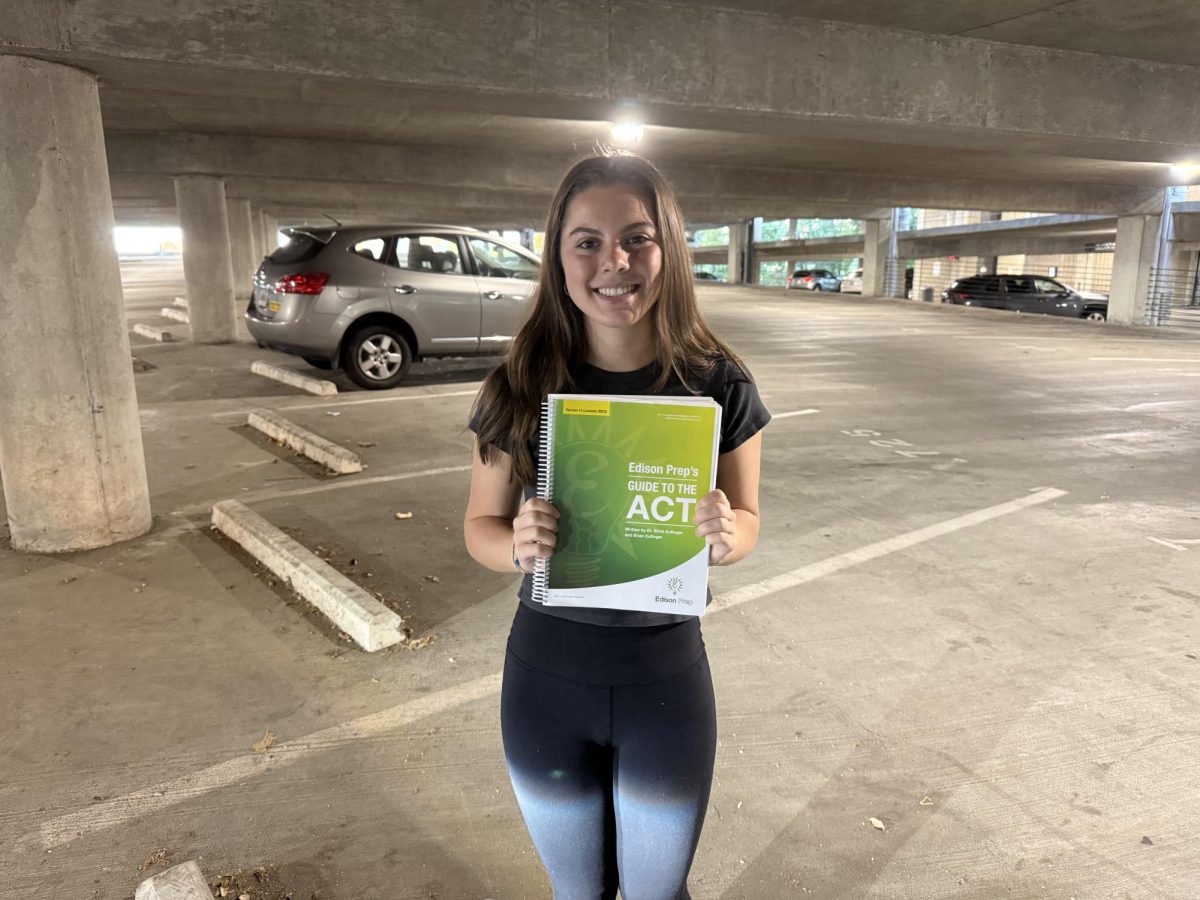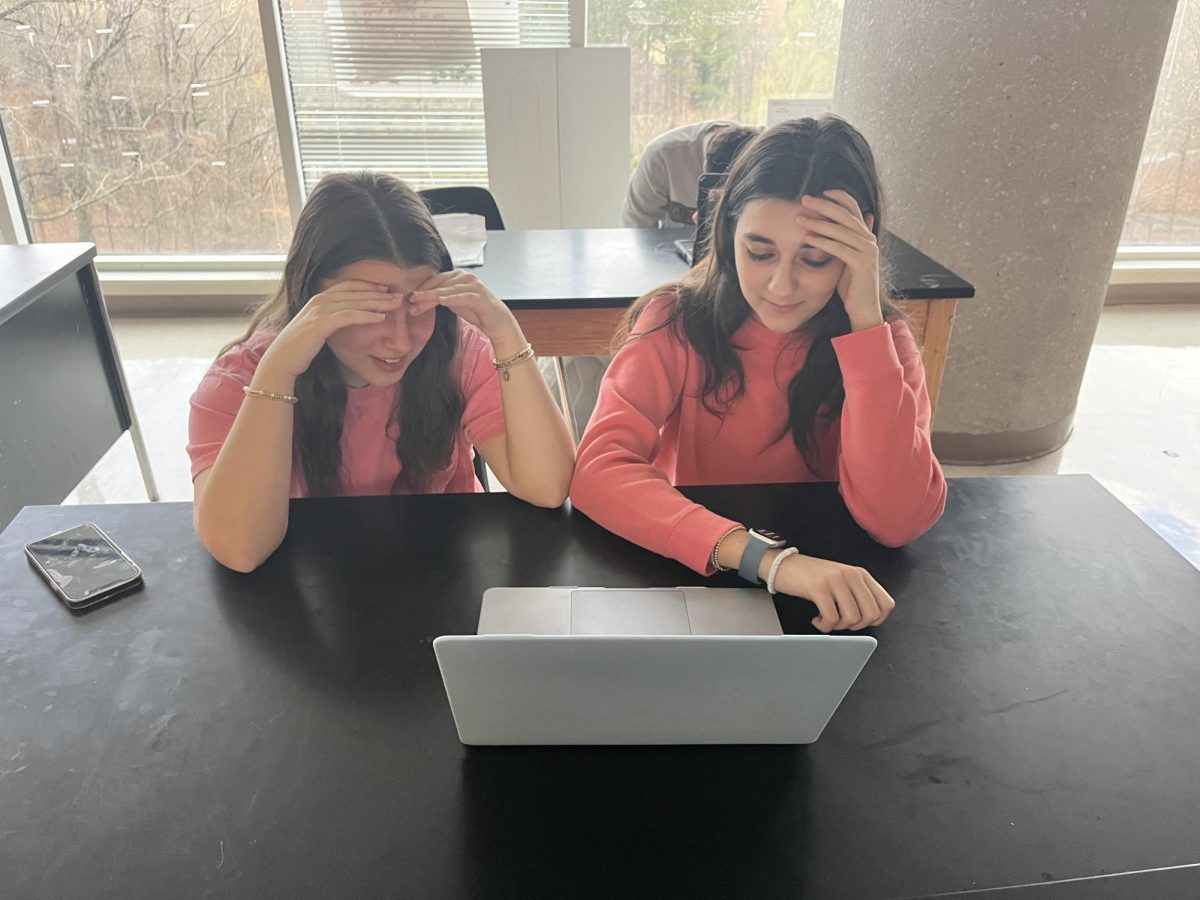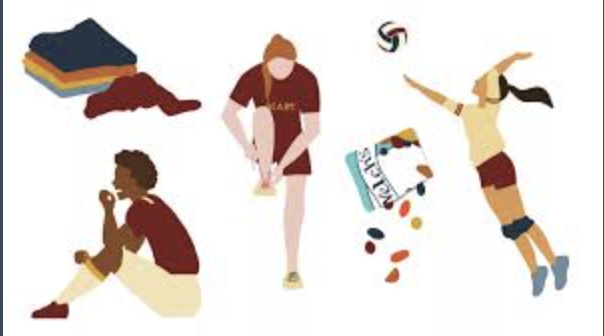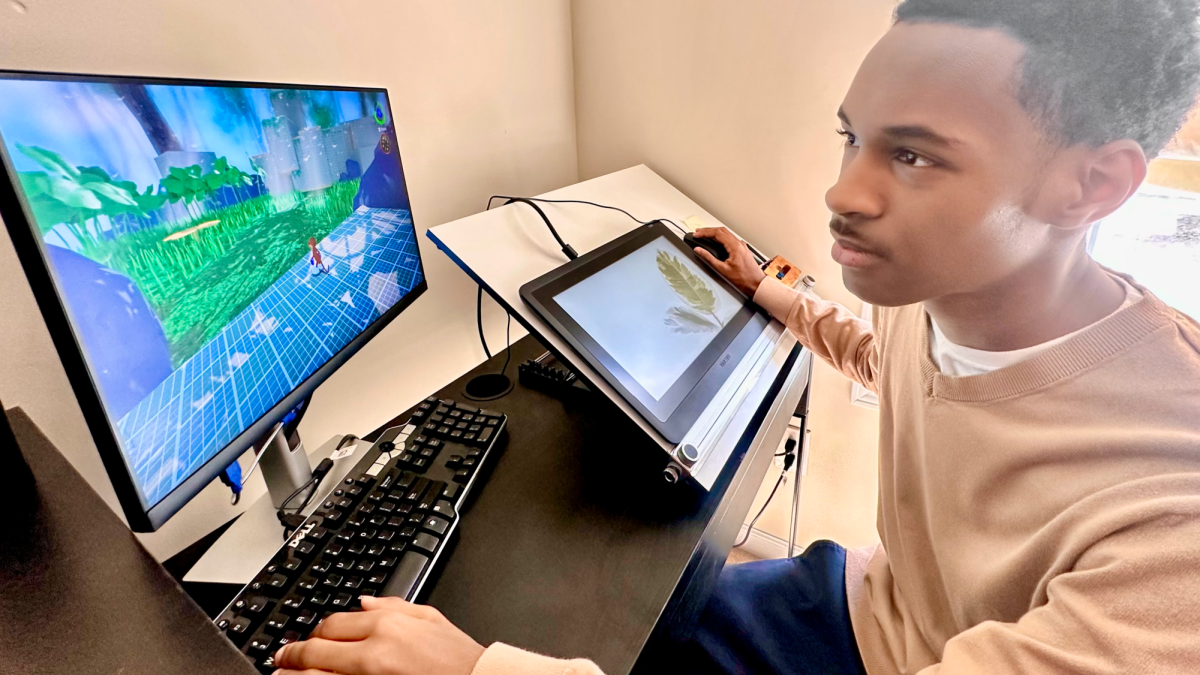As 2025 slowly approaches, the juniors of North Atlanta are beginning to prepare for the ACT. The ACT consists of 4 sections; English, reading, writing, and science, as well as an optional writing (essay) section. These sections test students on information they have learned throughout high school and sometimes earlier years. While a lot of the content is not new, the timing and testing strategies are new. Many students are finding different ways to level up and improve their scores. Mock exams, tutoring, and self-studying are common ways students prepare and plan for the complex ACT.
For many students who are new to the ACT and do not know where to start, mock exams can be a great way to test your strengths. Each ACT section is scored out of 36 points and your composite score is the average from each section. Mock exams simulate the actual test experience, giving students an idea of not only the topics they might work on but also timing strategies. “My mock exam helped me find my strengths and weaknesses on the ACT and improve my studying methods.” said junior Alexander Chalk.
Tutoring is a popular option for many students. It provides them extra guidance and clarity on how to approach a test like the ACT. Tutoring allows students to personalize their practice to find the most helpful and necessary strategies for improvement. Whether the students need more help with time management or content within the test, a tutor can identify weaker areas and come up with solutions. Using a tutor can also help keep students accountable and efficient with their studying. Weekly or structured tutoring can keep a student on track and timely, especially if they are approaching an upcoming test within 1-2 months. “My studying felt more focused and specific with a tutor,” said junior Roddey Bird, “I improved my score in just 2 months!”
For those who are unable to tutor, self-studying through online platforms and test prep books are great resources. While tutoring can be a valuable resource, studying on your own can be just as effective. Self-study allows students to improve their scores while also developing lasting studying techniques and personal discipline. These techniques will be useful in their classes in school and into college, benefitting their overall success. Self-studying also gives students more flexibility and personalized pacing. Some students do not need as much studying or intensive practice, so independent study can be more time and cost-efficient than utilizing a tutor. “I studied just as effectively on my own,” said junior Piper Curnow, “I needed self-motivation but the amount of content and strategies I learned were just as helpful.”
The ACT can be an overwhelming test for anyone when they begin, especially finding the right resources and/or tutors. However, doing what works best for them whether it is tutoring or self-study, is a great way to prepare and determine how to tackle the ACT.














